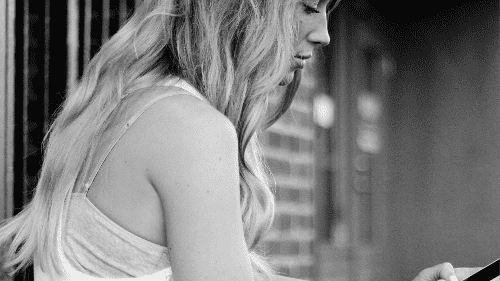
Some people don’t even know it has a name. Others feel it all the time but can’t quite explain why they’re so exhausted—resentful, even—when their partner seems surprised anything’s wrong.
This is the quiet toll of emotional labor. And in many relationships, it’s uneven.
Maybe you’re the one who remembers birthdays, initiates hard conversations, checks in after family drama, or makes sure your partner’s feelings get processed, while yours wait. Maybe you’re the one who asks, “Are we okay??”
It can be hard to name. Even harder to shift. But therapy can absolutely help.
What is emotional labor in a relationship?
Emotional labor refers to the often-invisible effort it takes to manage the emotional climate of a relationship: monitoring feelings, initiating repair, tracking needs, and maintaining connection.
It includes things like:
- Being the one to notice and address tension
- Planning and initiating time to talk or reconnect
- Remembering emotional anniversaries or vulnerable moments
- Doing the work of empathy when your partner can’t (or won’t)
When this work is shared, it can feel intimate and mutual. When it isn’t, one partner may begin to feel more like a caregiver, therapist, or manager than an equal.
What happens when emotional labor is one-sided?
Over time, the imbalance can build into frustration, hurt, or emotional shutdown. You might start to feel:
- Like your emotional needs are always second
- Drained from carrying the relational "weight" alone
- Invisible, even in moments of vulnerability
- Afraid to stop doing the work… because everything might fall apart
Many clients seek couples counseling or therapy for one after months (or years!) of trying to explain this dynamic to a partner who doesn’t quite hear it. Naming the pattern with a therapist, and exploring why it exists, can offer both validation and a path toward real change.
Why is this so common?
Gender roles, attachment styles, cultural messages… they all play a part. Some people are socialized to track emotion and anticipate needs. Others are taught to keep distance or focus on logistics. Sometimes emotional labor is mistaken for being ‘more invested,’ when really, it's about old relational habits playing out in new relationships. If you often feel like you’re ‘too much’ or worry that expressing needs pushes others away, this post on anxious attachment in relationships might help you feel less alone.
Whatever the origin, it doesn’t have to stay this way. And you don’t have to carry it alone.
How therapy can help rebalance the work of connection
We work with individuals and couples to create more mutual, emotionally responsive relationships. Sometimes that looks like helping one partner make space for their own needs. Other times it means helping both partners understand how emotional labor gets delegated (and how to shift it).
In individual therapy, we often help people stop over-functioning in relationships that leave them depleted. In couples work focused on emotional intimacy, we help both partners take responsibility for tending to the relationship itself.
You might also find resonance in this post on emotional fatigue, especially if you often feel like the only one who raises difficult issues.
It shouldn’t all fall on you
There’s actually nothing wrong with being the emotionally attuned one. But if you’re doing all the work to keep your relationship afloat, it’s okay to want more balance… and to name what isn’t working.
Even subtle changes can lead to a more mutual, connected way of loving. And you don’t have to figure it out alone. Let’s talk when you're ready.
